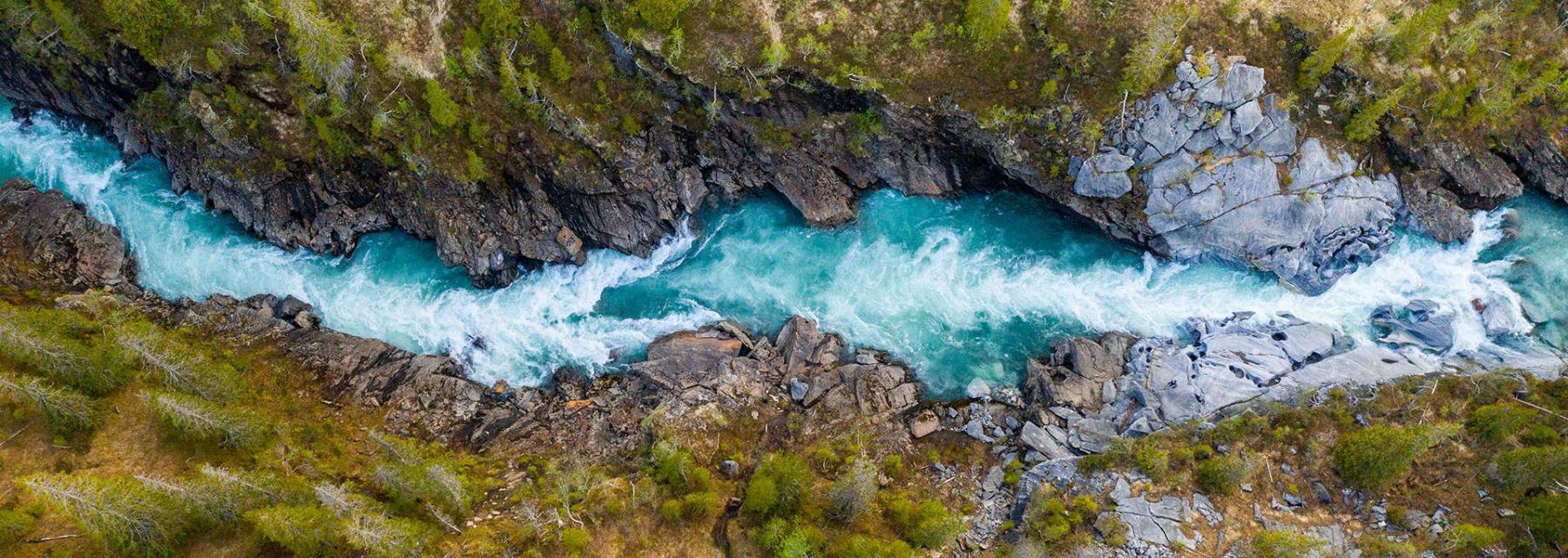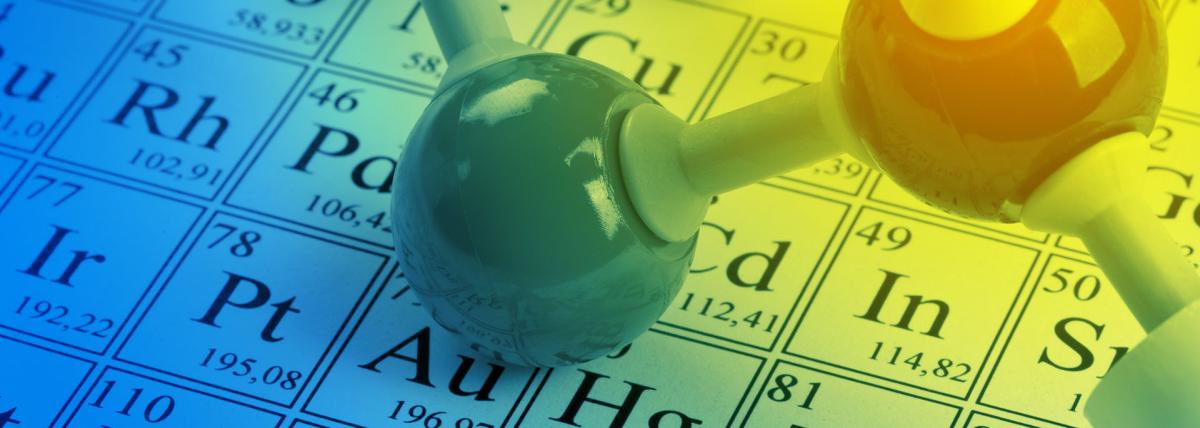
Chemical Water Quality Field Research Project
Built as a month long, end of year project, students get to discover the water quality of several geographically different natural water sources by completing field research and data collection. As a student centered project, students will research how to use different water quality testing probes, then conduct online and book research to better understand what water quality is and how it is affected by various contaminants, chemicals and the environment. Using their research and field data, students share their results with each other and write a cumulative water quality report in which they compare and rank the natural water sources they test to each other for safety and environmental impact.
Lesson Plan Link/URL
https://docs.google.com/presentation/d/1kO2haGR__mlh80DBqD1ich6oqkYj48tx/edit?u…Subject Area
Science Physical Science P1: Matter Engineering S4: Apply Science to Engineering Mathematics Measurement and Data (MD) Ratio and Proportion (RP) Expressions and Equations (EE) Statistics and Probability (SP) Algebra (A)Related Content

The quintessential chemistry lab, Flame Test Lab! Students will use spectroscopes to identify the component photons of light that are emitted from Spectrum Tubes and Flame Tests. Students will learn

OMG! Empirical Formulas
Students will discover the Empirical Formula for the synthesis of Magnesium and Oxygen through a laboratory experiment in which they will react Magnesium Ribbon with atmospheric Oxygen by super

A lesson to teach students how to collect, organize, interpret data, make inferences, raise awareness, and suggest possible solutions on the water quality of the waterbodies in the state of Arizona.

